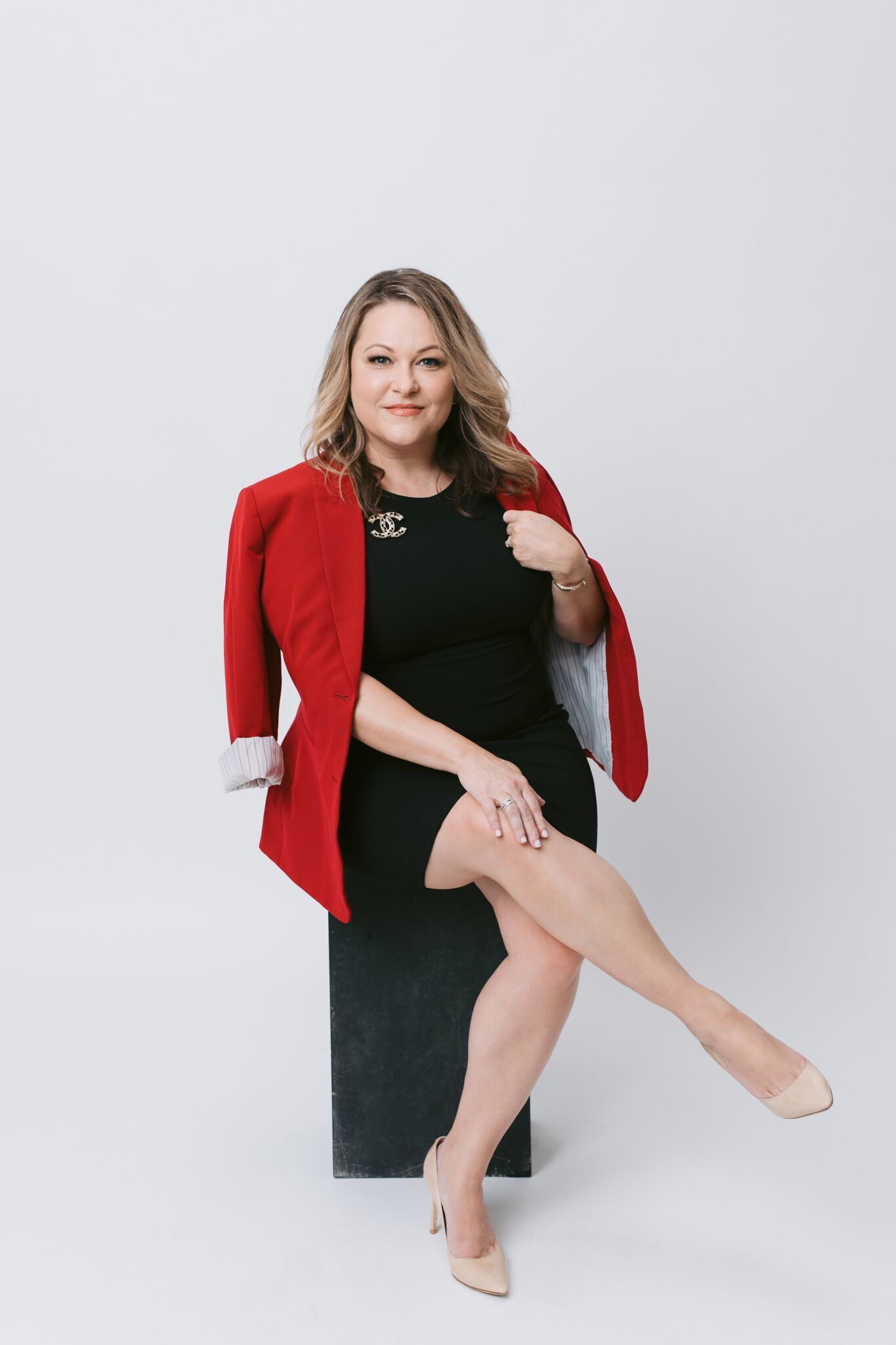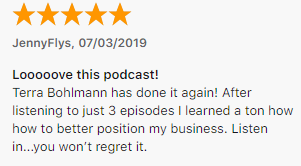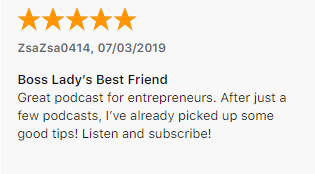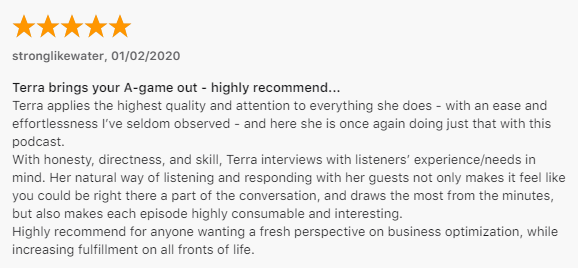The Fast-Track Woman Podcast: Episode #18
Your Business Foundation and What You Need in Place to Feel Like a Legitimate Business Owner with Terra Bohlmann
Click the Play Button + Listen Below.
Meet Podcast Host + Business Strategist, Terra Bohlmann.
Terra Bohlmann in a business strategist who helps female entrepreneurs accomplish in one year what would normally take five-years. As the creator of The Business Map Method™, she has crafted over a hundred custom business models for clients who have gone on to build six and seven-figure businesses.
Through her speaking, training, coaching, and live events production, she's impacted thousands of female entrepreneurs across the United States and Canada. Terra has been featured in publications and podcasts including Forbes, The Huffington Post, and The Sigrun Show. She's also the host of The Fast-Track Entrepreneur Podcast with Terra Bohlmann.
She lives in Houston, Texas with her husband, three boys, and spoiled rescue dog and cat. Terra's forthcoming book, The Fast-Track Entrepreneur: Create Your First Class Business with Clarity and Confidence, is due out in 2021.

About this Podcast Episode.

Without a solid business foundation, your business feels off-kilter. Terra Bohlmann dives deep in talking about why she created The Business Map Method™ (personal stories included) and what makes up your business foundation so you have a strong strategy that allows you to scale your business over time.
There are 6 business strategies that every business owner needs in their business and your business foundation is (1 of 6). Terra has personally created over 100 Business Maps™ for women entrepreneurs all over the world. She wanted to refine the method by getting into action, getting feedback from her clients, and improving every single strategy before teaching The Business Map Method™ to other entrepreneurs.
Terra knows how to build a business in the right, strategic order and is passionate about helping women reduce the overwhelm in running their business (along with saving time and money). If you feel like something is missing in your business, but you can't quite put your finger on it, you'll love this episode on building a strong business foundation.
Resources, Tools, and Links Mentioned in this Episode.
- Apply for your complimentary Fast-Track Session with Terra HERE.
Read and Download the Transcript for this Episode.
Interact More with the Podcast.
Great Reviews Make My Heart Sing.



Much appreciation from one happy Podcast Host!
Are you subscribed to my podcast?
If you’re not, you should subscribe so you never miss an episode.
And...I invite you to take it a step further + leave a 5-Star review.
To give a review, click the image and select “Ratings and Reviews” and “Write a Review” on iTunes.
Share a takeaway what you learned and let other women entrepreneurs know why they should listen to the podcast.
Reviews help other women entrepreneurs find my podcast and I truly enjoy reading them.
It takes a community of like-minded women to help other like-minded women succeed.
(Oh, by the way, I love to do shout-outs on future episodes and you just may hear your name!)



